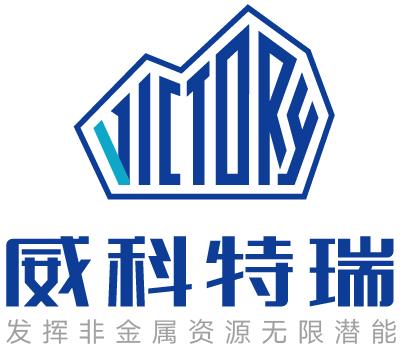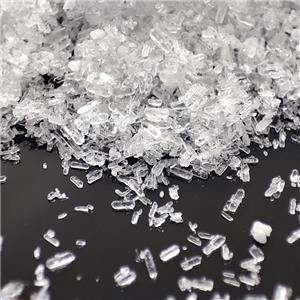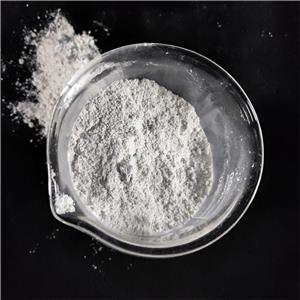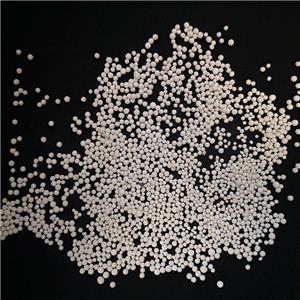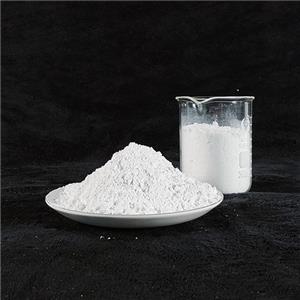What is magnesium oxide feed grade used for?
Uses and significance of magnesium oxide feed grade
Magnesium oxide feed grade is a chemical substance mainly used as an animal feed additive. Its high purity and specific chemical properties make it play an important role in the field of animal nutrition. The following is a detailed analysis of its main uses and functions:
1. Provide magnesium to meet nutritional needs
Magnesium is an essential mineral for animal growth and metabolism. It is an important component in many biochemical reactions, such as:
Bone and tooth health: Magnesium can enhance bone strength and coordinate calcium and phosphorus metabolism.
Nerve and muscle function: Magnesium is involved in the conduction of nerve impulses and normal muscle contraction.
Energy metabolism: Magnesium is an activator of energy molecules such as adenosine triphosphate (ATP).
For ruminants (such as cattle and sheep) and some poultry, insufficient magnesium intake may lead to metabolic disorders such as hypomagnesemia (grass tetany). Magnesium oxide feed grade, as a source of magnesium, can effectively prevent and solve this problem.
2. Regulate the acid-base balance of the rumen of ruminants
The rumen environment of ruminants needs to maintain an appropriate acid-base balance to promote the healthy growth of microorganisms and digestive function. Due to its alkaline properties, magnesium oxide can act as a rumen buffer to prevent the acidic environment (such as acidosis) caused by excessive fermentation from harming animal health. This role is particularly important, especially in the production process of feeding highly concentrated feeds.
3. Improve feed conversion efficiency
Magnesium oxide can enhance the absorption of nutrients in feed by animals, especially in high-intensity feeding environments. It can not only reduce the stress response of animals, but also increase their growth rate and productivity. For dairy cows, the appropriate addition of magnesium oxide can also increase milk production and dairy product quality.
4. As a convenient source of magnesium
Compared with other magnesium sources (such as magnesium sulfate), magnesium oxide has the advantages of high absorption and utilization rate, convenient storage and transportation, and good stability. In particular, it is easy to be processed into granules or powders, which is convenient for uniform mixing with other feeds, improving its applicability in commercial feed production.
5. Other uses
In some special scenarios, magnesium oxide feed grade is also used as a functional additive such as a desiccant and an anti-caking agent to ensure the long-term stability and quality of the feed.
Summary
Magnesium oxide feed grade is an efficient and economical feed additive, mainly used to supplement the magnesium required by animals, regulate acid-base balance, and improve digestion efficiency and production performance. It is not only a key guarantee for the health and efficient production of ruminants, but also plays a multiple role in the breeding of various livestock. Therefore, it is widely used in animal husbandry and is highly valued by the feed industry.
